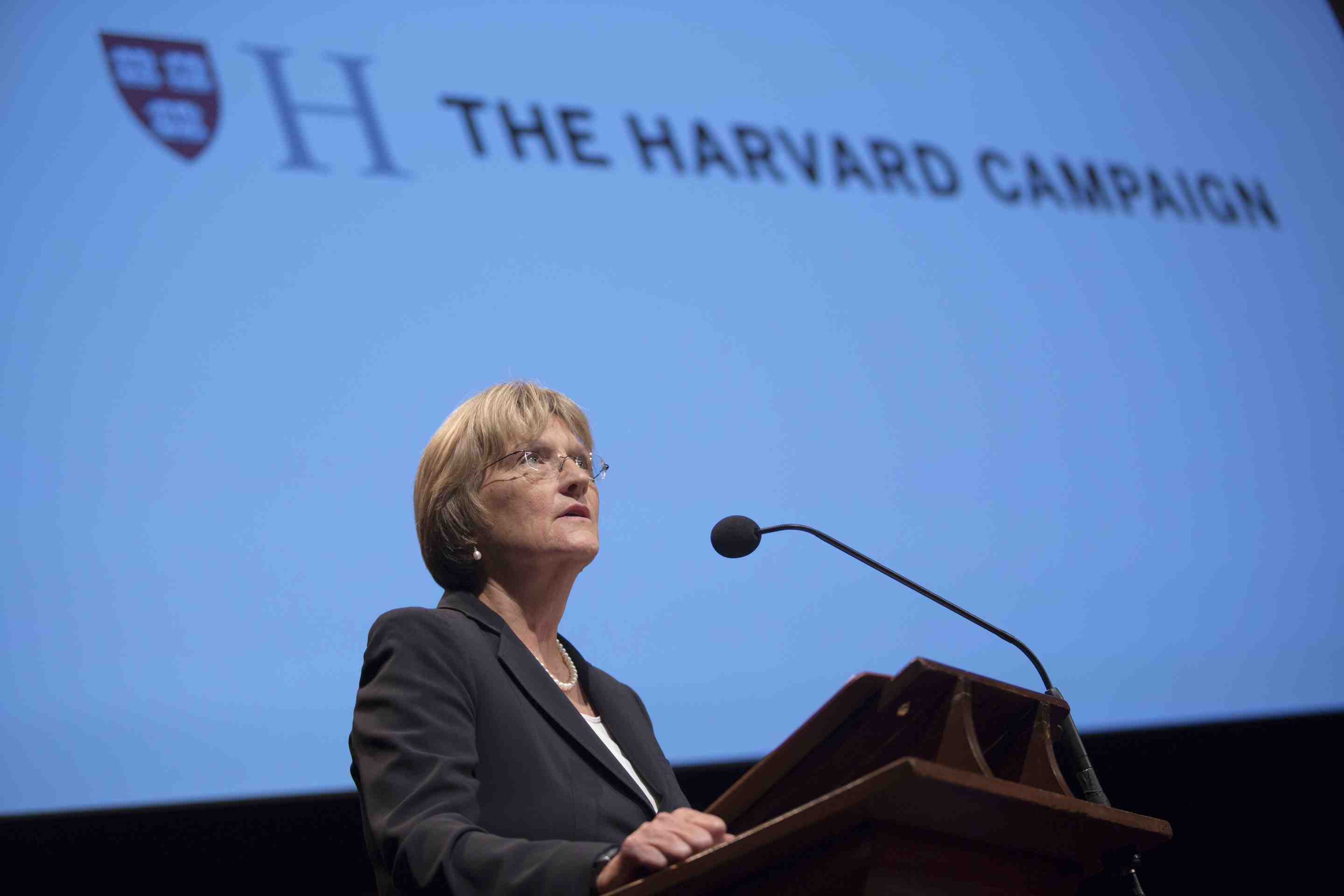low-income students
At a time when research shows that academic advising is a key to helping college students graduate on time, most say they aren’t getting it.
Sixty percent of students say someone other than an academic advisor is a primary source of information about their schoolwork. About a third of freshmen and 18 percent of seniors rely on friends and family, and another 18 percent on faculty who are not assigned as their advisors.
What you know determines where you go, according to a new book that sets out to determine why the smartest low-income students forgo the most selective colleges.
It’s not that poor kids aren’t as smart as rich ones, researcher Alexandra Walton Radford finds. Nor do top schools turn them down. In fact, she reports, low-income prospects have a big advantage in the admissions process at the most selective colleges.
The problem is that few of them apply, thanks to high school counselors and peers who know little about the admissions process, and parents who often know even less.

Facing federal budget cuts, one of the world’s most prestigious universities is launching a colossal capital campaign. Harvard University’s new fundraising effort announced on Saturday could become the largest ever in higher education.
Harvard hopes to rake in $6.5 billion by 2018. If successful, America’s oldest institute of higher learning would surpass Stanford University’s five-year $6.2 billion campaign that finished last year.











